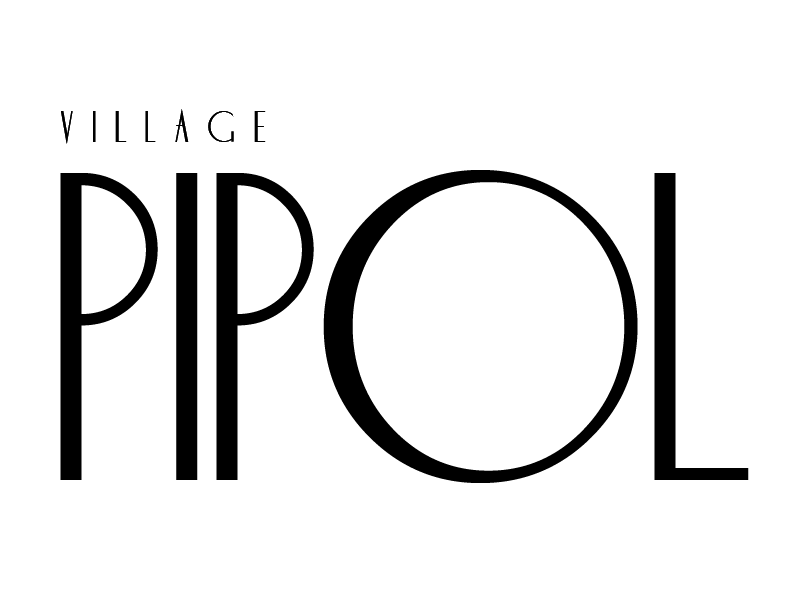Why Pope Francis’ death is personal for Filipinos?

For many, Pope Francis was a reflection of what the world needed for a spiritual guide for the past decade. His sudden passing, for many Filipinos, was deeply and spiritually personal.
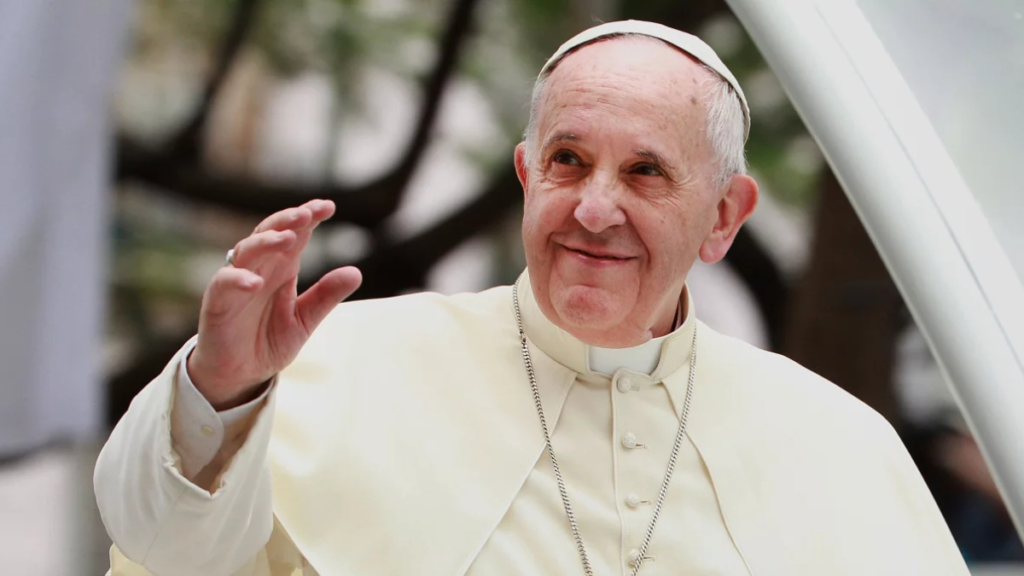
Born Jorge Mario Bergoglio in Buenos Aires, Argentina, on December 17, 1936, Pope Francis became the first Latin American clergy in the latest millennium. He was the head of the Catholic Church and sovereign of the Vatican City State since March 13, 2013, until he passed away on April 21, 2025.
In January 2015, Pope Francis visited the Philippines amidst a powerful storm. Yet, his faith and compassion for the Filipino people remained unwavering. During his visit, he celebrated Holy Mass in the cold, open air of Tacloban City. This act became a source of profound comfort and healing for survivors of Typhoon Haiyan.
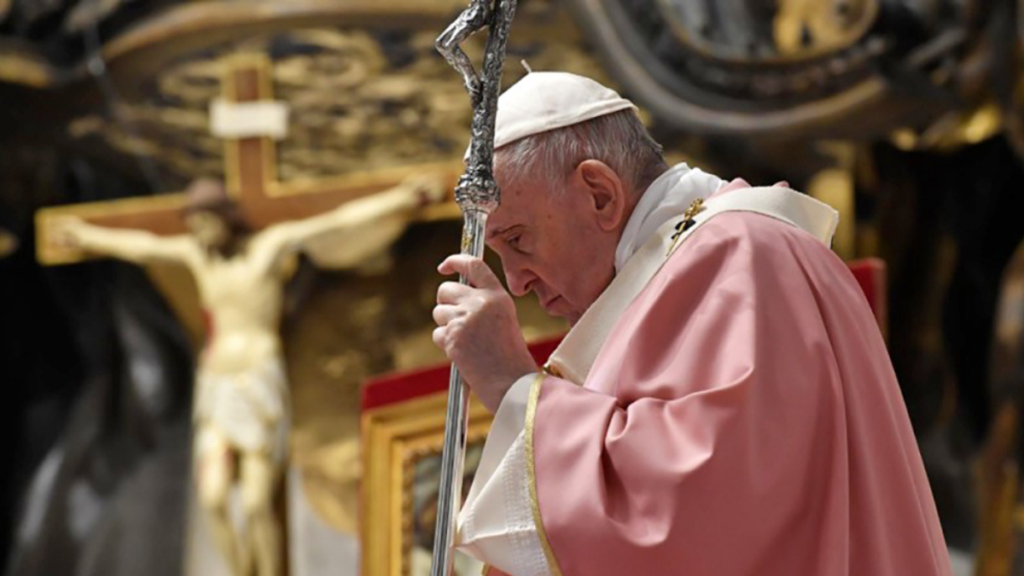
Even ten years after this visit, his messages of hope, empathy, and solidarity continue to resonate deeply within the hearts of Filipinos. Many of his advocacies, once considered radical by some, now echo in the streets and communities, fueling the ongoing call for reforms that Pope Francis championed alongside the Filipino devouts and even non-believers.
His call for gender equality
Furthermore, Pope Francis’s support for the rallies for gender equality and a more welcoming stance towards the lesbian, gay, bisexual, transgender, and queer community struck a deep chord within the struggles of many Filipinos.
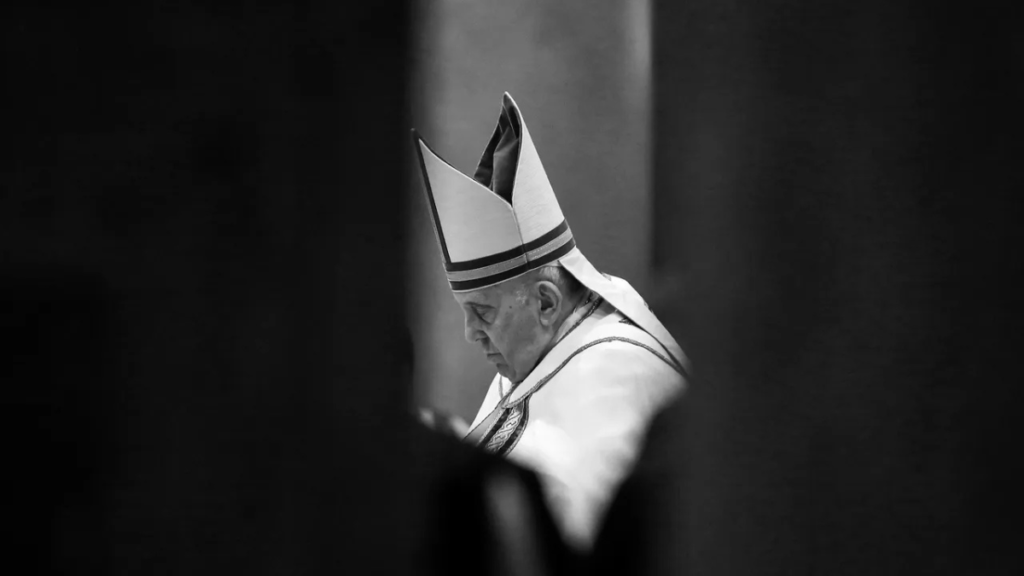
He even blessed same-sex queer couples amidst the controversy that he faced.
In the Philippines, a predominantly Catholic nation, his messages served as a powerful challenge to deeply entrenched traditional views, offering a beacon of hope and solidarity to those marginalized by discrimination and societal prejudice.
His embrace of all, regardless of gender or sexual orientation, helped erode the pervasive discrimination experienced by many Filipinos in churches.
His call to treat women with greater respect also reflects the evolving spirit of inclusivity he championed. For him, valuing women’s roles within the Church signaled a broader, ongoing movement towards the realization of genuine equality.
In a society where deeply rooted cultural norms often lead to the exclusion and stigmatization of women and LGBT+ individuals, this act was not only a defiance against those norms, but a demonstration of the love Pope Francis bravely showed the world.
Call for climate justice
Speaking of braveness, Pope Francis was also the only contemporary pope to have ever actively spoken about climate justice, a stance that angered many capitalist nations.
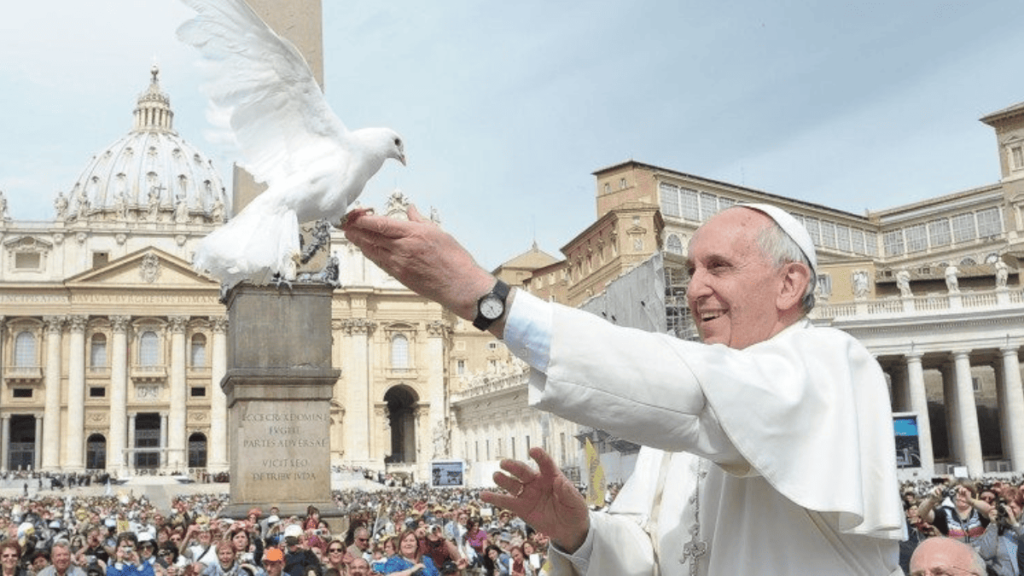
His unapologetic attempt to represent the voices of the nations who suffer the worst effects of climate change is what keeps him both human and divine. Moreover, he recognized the struggle and did his best to shield the marginalized.
This is profoundly important for Filipinos, who also stand on the frontlines of the climate crisis and face a daily battle for survival against devastating typhoons, rising seas, and increasingly extreme weather.
Pope Francis’s advocacy on this issue sides with Filipinos’ lived experiences, amplifying their cries for justice and a sustainable future.
Kristopher is a naturally shy and quiet, I express my self through writing and creating digital content, layout design, as well as writing lifestyle stories. I have a strong interest in fashion and love exploring new places, ideas, and story.

